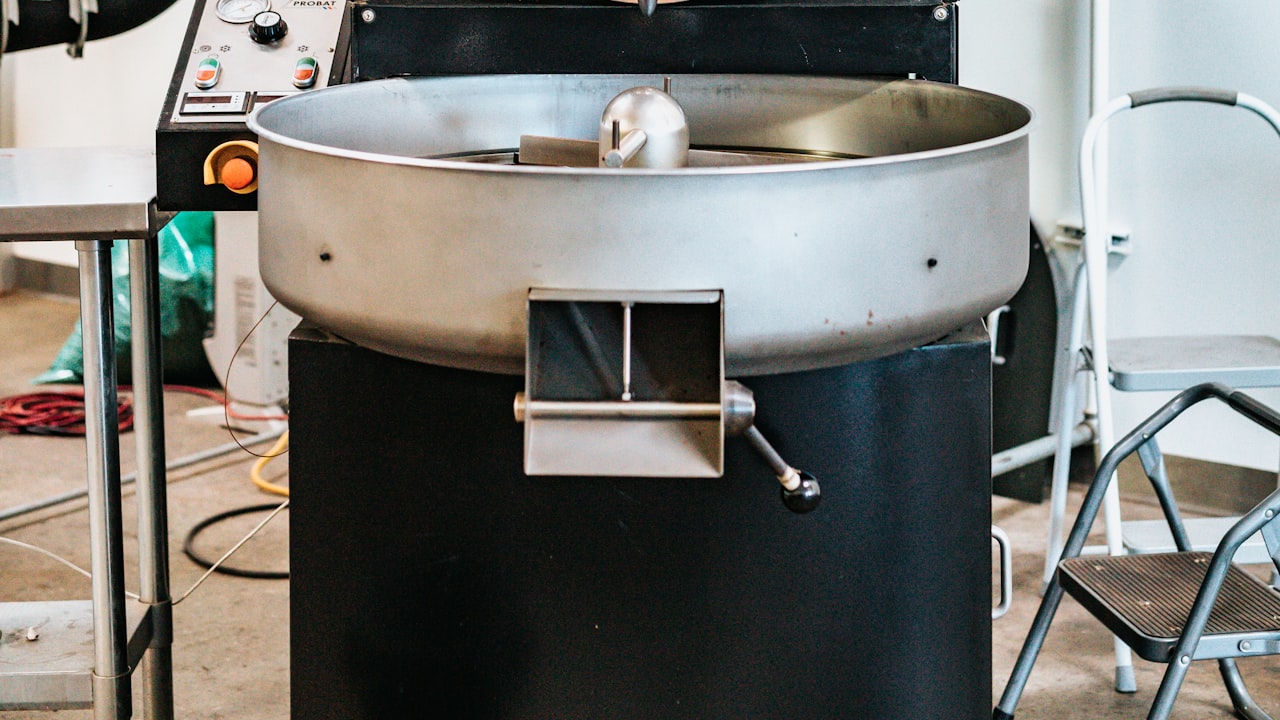Title: The Role of Pharmaceutical Machinery in the Manufacturing Process
In the pharmaceutical industry, the use of advanced machinery plays a crucial role in the manufacturing process. Two key machines that are essential for pharmaceutical manufacturing are the tablet press machine and the capsule filling machine. These machines ensure the production of high-quality medications that meet strict regulatory standards.
Tablet press machines are commonly used in the pharmaceutical industry to compress powdered ingredients into tablets. These machines come in various models and sizes, with the TDP (Tablet Press) and THDP (High-Speed Tablet Press) being among the most popular. The TDP is a versatile machine that is ideal for small to medium-sized production batches, while the THDP is designed for high-speed production of tablets in large quantities.
The tablet press machine works by feeding the powdered ingredients into a hopper, which is then compressed into tablets using punches and dies. The machine’s operating speed, compression force, and tablet thickness can be adjusted to meet the specific requirements of the medication being produced. Quality control mechanisms, such as weight monitoring and hardness testing, are also integrated into the machine to ensure the uniformity and consistency of the tablets.
On the other hand, capsule filling machines are used to fill empty capsules with powdered or granulated medication. These machines offer precise dosing capabilities and are efficient for producing a large number of capsules quickly. Similar to tablet press machines, capsule filling machines come in different models, with automatic and semi-automatic options available.
The key components of a capsule filling machine include the capsule hopper, dosing disc, and tamping plate. The machine operates by filling the capsules with the desired amount of medication using a dosing disc, and then sealing the capsules to ensure product integrity. Capsule filling machines are equipped with sensors and monitoring systems to detect any deviations in dosing accuracy and prevent quality issues.
In conclusion, pharmaceutical machinery, such as tablet press machines and capsule filling machines, play a vital role in the manufacturing process of medications. These machines streamline production, ensure dosage accuracy, and uphold quality standards. By investing in advanced pharmaceutical machinery, manufacturers can optimize their production processes and deliver safe and effective medications to the market.

 Title: Pharmaceutical Machinery: Revolutionizing Drug Manufacturing
Title: Pharmaceutical Machinery: Revolutionizing Drug Manufacturing



